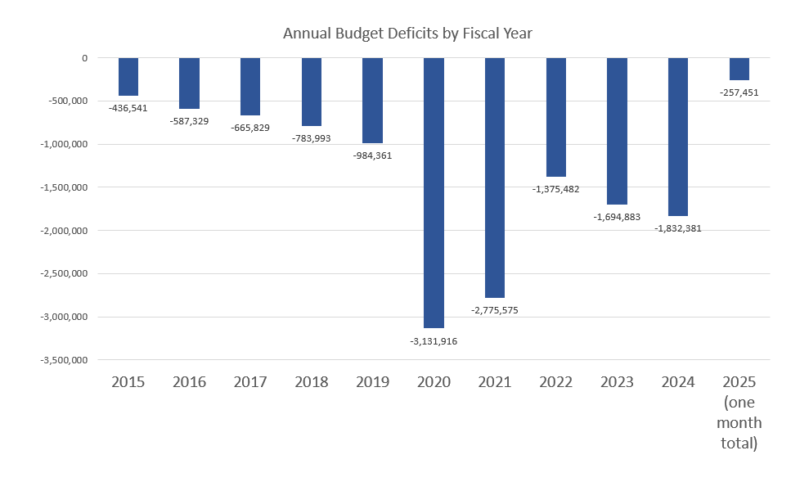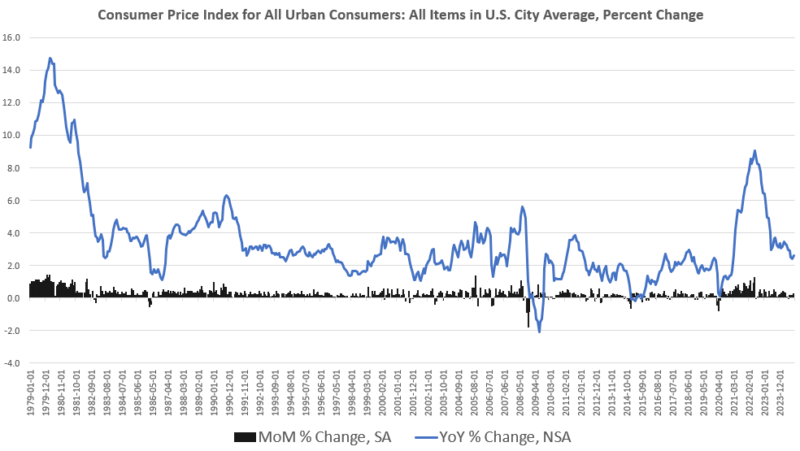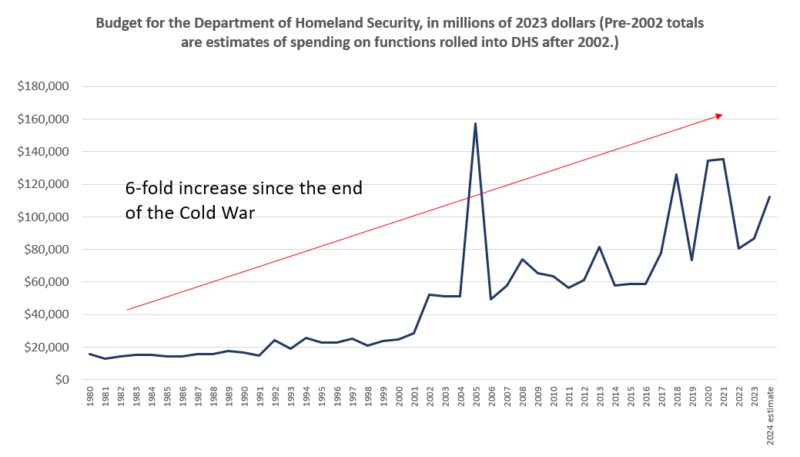Category Archive: 6b.) Mises.org
Erasing Black Confederates
In 2019 The New York Times launched their 1619 project, which “aims to reframe the country’s history by placing the consequences of slavery and the contributions of black Americans at the very center of our national narrative.” In the NYT retelling of American history, black troops who fought for the Union in the 1861-65 war are to be commemorated, but black Confederates must be summarily erased. The aim of this article is to argue against this...
Read More »
Read More »
Caplan’s Errors on the UAE and Open Borders
Arguments advanced to support a political position often fail to withstand the slightest scrutiny. Rather, they are meant to make an impression on the impressionable—those who lack the context required to make an evaluation—and draw large numbers of the uninformed to one side of a political debate. Such is the case with libertarian economist Bryan Caplan’s recent article in favor of unrestricted immigration, wherein he uses the United Arab Emirates...
Read More »
Read More »
We’re Already on Track for a $2 Trillion Deficit this Year
The Treasury Department posted its latest revenue and spending totals this week, and deficits continue to mount at impressive speed. During October—the first month of the 2025 fiscal year—the federal deficit was more than a quarter of a trillion dollars, coming in at $257.4 billion. Tax revenue in October had totaled $326 billion, but spending totaled $584 billion. Now one month into the new fiscal year, the federal government is on pace to add...
Read More »
Read More »
“NAFTA Fever” and the Myth of Government-Created Free Markets
Left or right, the enemy is the free market. Every problem is the fault of the free market. On the left, the supposed radical deregulation of the 1980s paved the way for the financial crisis and the destruction of the environment. On the right, free trade is responsible for the gutting of manufacturing. The free market is made out in this mythos to have had its heyday in the 1980s and ‘90s and destroyed everything. Even free market advocates fall...
Read More »
Read More »
Price Inflation Accelerated in October Following the Fed’s Rate Cut
According to the Bureau of Labor Statistics’ latest price inflation data, CPI inflation in October accelerated and month-to month increases in CPI inflation hit multi-month highs.The seasonally adjusted Consumer Price Index (CPI) rose 0.24 percent month over month in October, rising to a six-month high. Year over year, the CPI rose 2.49 percent in October, not seasonally adjusted. That’s a three-month high.The ongoing price increases largely...
Read More »
Read More »
Stanley’s Orwellian Anti-Fascism
Erasing History: How Fascists Rewrite the Past to Control the Future. By Jason Stanley. Atria One Step Publishing, 2024; 256 pp.Jason Stanley is a well-regarded philosopher of language, but you would never realize it from this rambling and incoherent book. Stanley rightly says that control of public education is an essential characteristic of fascism. By “fascism,” I should add, he includes Nazism. He also notes that fascists wanted to restrict the...
Read More »
Read More »
Stanley’s Orwellian Anti-Fascism
Erasing History: How Fascists Rewrite the Past to Control the Future. By Jason Stanley. Atria One Step Publishing, 2024; 256 pp.Jason Stanley is a well-regarded philosopher of language, but you would never realize it from this rambling and incoherent book. Stanley rightly says that control of public education is an essential characteristic of fascism. By “fascism,” I should add, he includes Nazism. He also notes that fascists wanted to restrict the...
Read More »
Read More »
The Context Behind Donald Trump’s “Takeover” of the American Right
What is the Mises Institute?
The Mises Institute is a non-profit organization that exists to promote teaching and research in the Austrian School of economics, individual freedom, honest history, and international peace, in the tradition of Ludwig von Mises and Murray N. Rothbard. Non-political, non-partisan, and non-PC, we advocate a radical shift in the intellectual climate, away from statism and toward a private property...
Read More »
Read More »
It’s Greek to Us: Angry Generation Z Women Reenact “Lysistrata” Post-Election
In the aftermath of Donald Trump’s decisive victory over Kamala Harris on November 5, millions of American women—especially those of Generation Z, born between 1997 and 2012, currently aged from 12 to 27—are despondent and dismayed that Democrats’ campaign focus on abortion policy did not convince more voters to choose Harris. They are convinced that their “my body, my choice” freedom has been stolen from them by the Supreme Court’s 2022 decision...
Read More »
Read More »
Totalitarianism Begins With A Denial of Economics
In the history of the social sciences, no other field of study has attracted so great a level of hostility as the science of economics. Since the inception of the science, the onslaught against it has been on the rise, extending across individuals and groups. And the outlook for a favorable reception of the science is bleak, given that a significant number of people are incapable of following through the extended chains of reasoning required for...
Read More »
Read More »
Abolish the Department of Homeland Security
The Trump transition team on Wednesday announced that he is nominating South Dakota governor Kristi Noem as the next head of the Department of Homeland Security (DHS). In the coming weeks, we’ll hear a lot about Noem’s personal politics and origins. We’ll also hear about how the DHS is, as the AP puts it, “one of the biggest government agencies that will be integral to his vow to secure the border and carry out a massive deportation...
Read More »
Read More »
Elections: Do They Really Matter?
This article is adapted from a speech delivered at the Mises Circle in Fort Myers, Florida on November 9, 2024.The answer to the question posed in the title is: Yes and No. Yes, some elections have made a significant difference but in general, no, they have not. There are many reasons why elections generally no longer make much of a difference in terms of the economy. One is that for the past half century the average reelection rate of incumbents...
Read More »
Read More »
Freedom and Property: Hans-Hermann Hoppe Talks About the Essence of Anarcho-capitalism
What is the Mises Institute?
The Mises Institute is a non-profit organization that exists to promote teaching and research in the Austrian School of economics, individual freedom, honest history, and international peace, in the tradition of Ludwig von Mises and Murray N. Rothbard. Non-political, non-partisan, and non-PC, we advocate a radical shift in the intellectual climate, away from statism and toward a private property...
Read More »
Read More »
Powell’s Reluctance to Bend Presents an Opportunity to Break the Fed
The democratic mandate of the incoming Trump administration, along with Republican control of Congress and a confrontation of wills between the President-elect and the Federal Reserve Chairman make ending the Fed a bit less unthinkable. Jerome Powell accurately stated, in a slightly defensive tone, that it is not (currently) lawful for a President to fire a Federal Reserve Chairman. Where some see obstacles others see a challenge, and where Powell...
Read More »
Read More »
The Fed’s “Temporary” Mortgage-Backed Security Experiment Will Last Decades
It has been nearly 14 years since Federal Reserve Chairman Ben Bernanke told Congress that the Fed’s emergency quantitative-easing policy, of which the most radical part was buying mortgage-backed securities, was “temporary” and would be “reversed.” The Fed made huge mortgage-backed securities purchases. The purchases pushed mortgage interest rates to artificially low levels, stoked the second great house price bubble of the 21st century and made...
Read More »
Read More »
What Trump’s New Political Appointees Are Telling Us
What is the Mises Institute?
The Mises Institute is a non-profit organization that exists to promote teaching and research in the Austrian School of economics, individual freedom, honest history, and international peace, in the tradition of Ludwig von Mises and Murray N. Rothbard. Non-political, non-partisan, and non-PC, we advocate a radical shift in the intellectual climate, away from statism and toward a private property...
Read More »
Read More »
The American Addiction to Transfer Payments
There is plenty of commentary today about continuing large annual US federal budget deficits and the large federal debt that keeps mounting as a result of these relentless deficits. The budget deficit for federal fiscal year 2024 clocked in at $1.8 trillion, representing about 5 percent of US GDP, and the federal debt is now $35.5 trillion, approximately 100 percent of GDP.The Congressional Budget Office projects that annual budget deficits and the...
Read More »
Read More »
Politics and Economics of the Deep State Monopoly
What is the Mises Institute?
The Mises Institute is a non-profit organization that exists to promote teaching and research in the Austrian School of economics, individual freedom, honest history, and international peace, in the tradition of Ludwig von Mises and Murray N. Rothbard. Non-political, non-partisan, and non-PC, we advocate a radical shift in the intellectual climate, away from statism and toward a private property...
Read More »
Read More »
Will DEI Ever DIE?
What is the Mises Institute?
The Mises Institute is a non-profit organization that exists to promote teaching and research in the Austrian School of economics, individual freedom, honest history, and international peace, in the tradition of Ludwig von Mises and Murray N. Rothbard. Non-political, non-partisan, and non-PC, we advocate a radical shift in the intellectual climate, away from statism and toward a private property...
Read More »
Read More »
Subjectivity and Demonstrated Preference: A Possible Paradox
A few years ago, I bought a unique item. When I first became aware of it, I was intrigued and interested, but the price was $50 more than I was willing to pay ($450 versus $400). Wanting it, at my price or less, I kept watch over various websites looking for a sale price that matched my price point. After a number of months searching, I found a site that offered the item for $390 and I bought it.Now, since the manufacturer has gone out of...
Read More »
Read More »






















